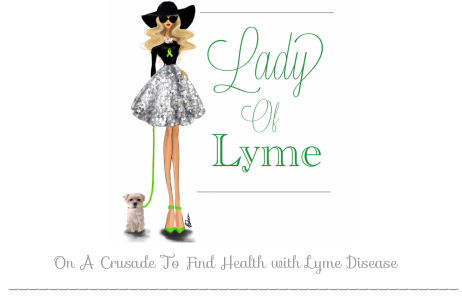Fatigue: extreme tiredness, typically resulting from illness.
Tired: in need of sleep or rest.
When I got my first dose of fatigue first hand from my illness I couldn't find the words to convey what it felt like. The closest I came was, "It feels like I was hit by a semi" but even that didn't do it justice. Fatigue is such a deep whole body exhaustion that blinking is painful, and breathing feels impossible. It's like darkness crawled into every single cell of the body and depleted every ounce of energy. If anyone has every had mono then that would likely be the closest example that can make a fragment of sense. No amount of sleep can satisfy fatigue, and you wake up feeling like you never slept a wink.
So often I hear people belittle the symptom of "fatigue" in those who have a chronic illness. You can't see fatigue on a person, you can't touch it or make it be tangible & so people assume it must just feel the way they do when they're too tired.
If only.
If fatigue felt the way I felt after a week of cramming for finals in college I would be jazzed. Because the real fatigue is one that wins every battle; Will I make it to the shower today? Will I be able to walk to the kitchen? Fatigue decides. There is no mind over matter, there is no choosing to force yourself up. Fatigue is an intense exhaustion that rules all and controls all, even in the strongest of soldiers.
That's really important to note: Fatigue is not an optional feeling the way tiredness is. You can be tired, chug a Redbull or a coffee & power through a few more hours. Being tired doesn't stop you from completing normal daily tasks like taking a shower or washing the dishes. It doesn't feel good to push yourself when you're tired, but the difference is that it's non negotiable with fatigue.
When a patient with a chronic illness calls in sick for work, cancels dinner, or postpones any other plans because they are too fatigued, it's likely they feel as though every ounce of life was sucked out of them. It's easy for people to look down upon that "excuse," or feel as though it isn't valid. Coming from the perspective of someone who was once healthy I understand why. People think of what tired feels like to them and assumes that must be what tired feels like in an illness, so why can't they push through? Why are they so flaky?
I spent a long time blaming my own self and my own body for not cooperating better in regards to "being tired." I soon learned that the key word was "tired," and that wasn't what I was experiencing. I had crossed over from tired into the territory of fatigue, and that was a whole new beast.
A change in the stigma surrounding the word fatigue in regardless to chronic illness begins with acknowledging that there is a difference. I myself did not know the difference because so often in the English language we toss together words with similar meanings and use them interchangeably.
For the record, being tired from work or school or life is tough, and I don't ever want to take away from that. Mostly because I don't feel like the best way to educate on terminology is to belittle or pit "healthy" people against "sick" people. There is no competition, but sometimes advocates can create an "us" versus "them" dialogue which is damaging and unnecessary. Believe me, I remember being healthy and I still had my own set of very real problems & being tired from running on little sleep was 1 of them.
But it is important to make note that fatigue is not just that run of the mill tiredness you feel after a long week & remedy with a cup of coffee. Fatigue is crushing & leaves a person physically immobile, but not by choice.
If someone cancels plans or shares that they are struggling with fatigue in their illness I simply hope that this post could shed a bit of light on what that might feel like & how it impacts them. At the end of the day being tired & being fatigued are both pretty terrible feelings, so since its 2am here at the moment I wish a goodnight to all.
Xoxo,
Christina

 RSS Feed
RSS Feed